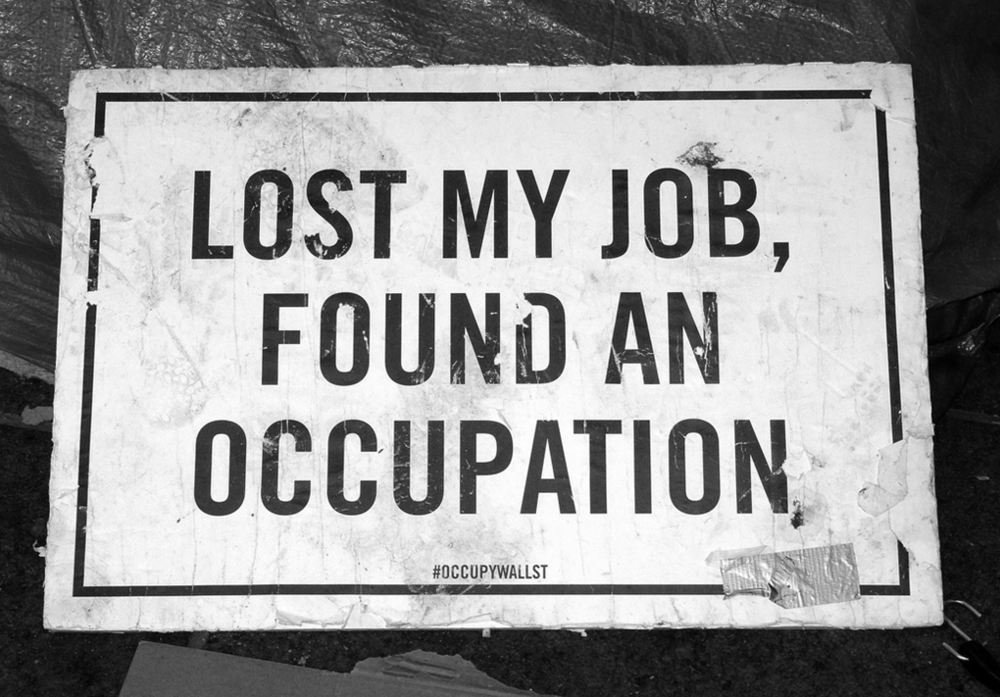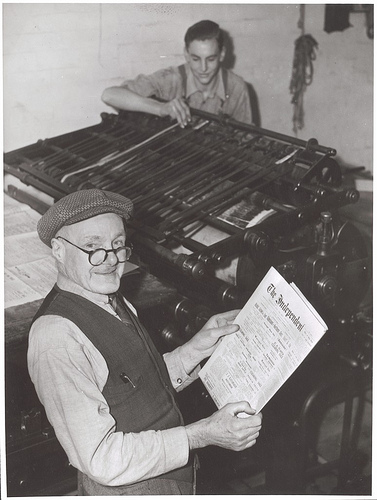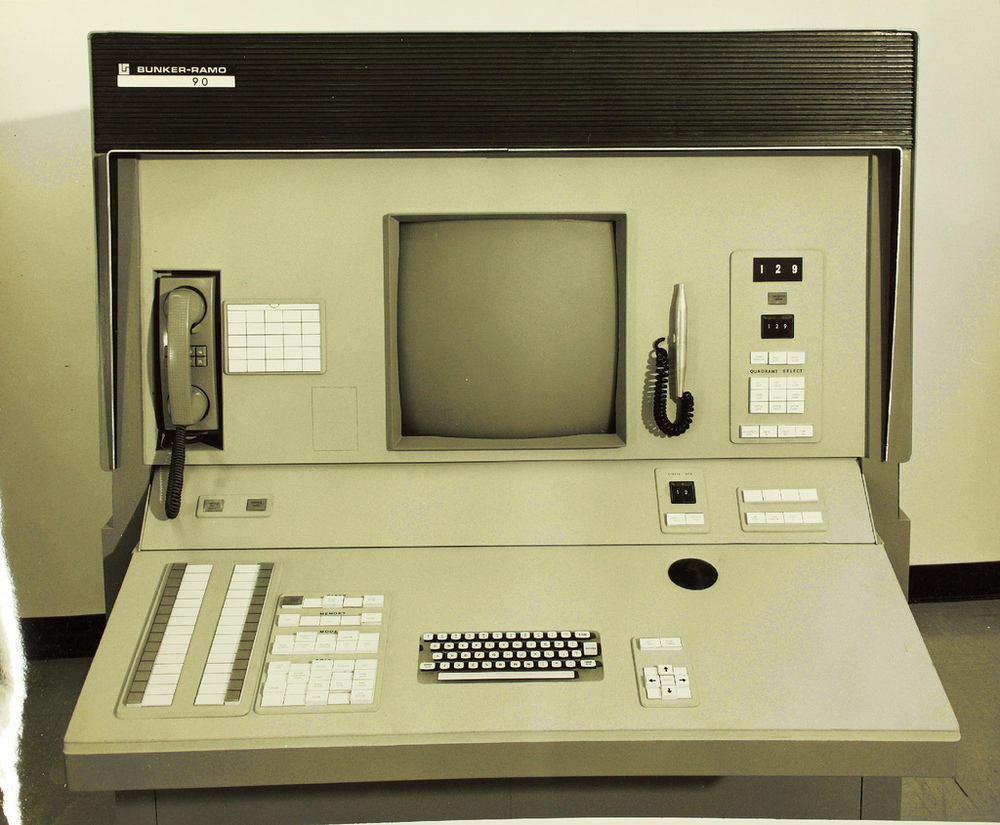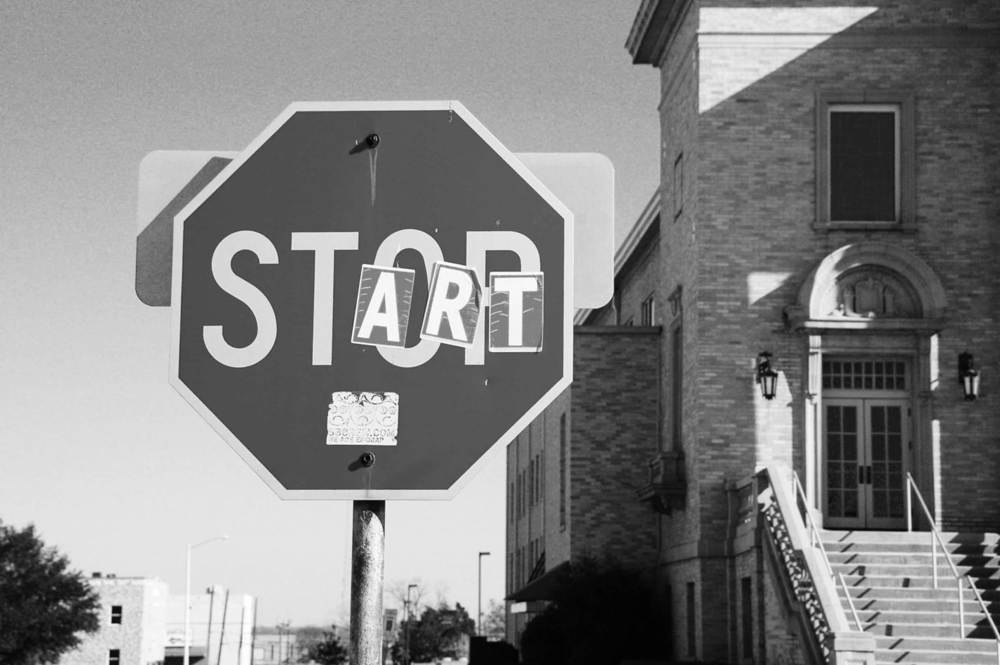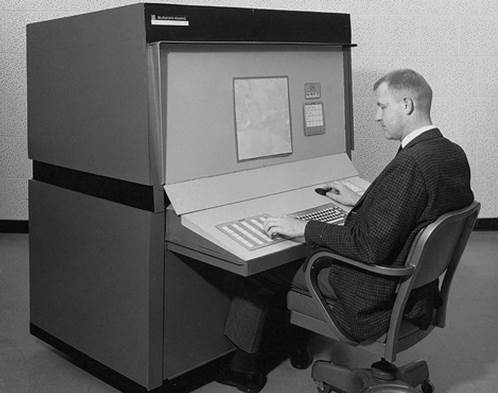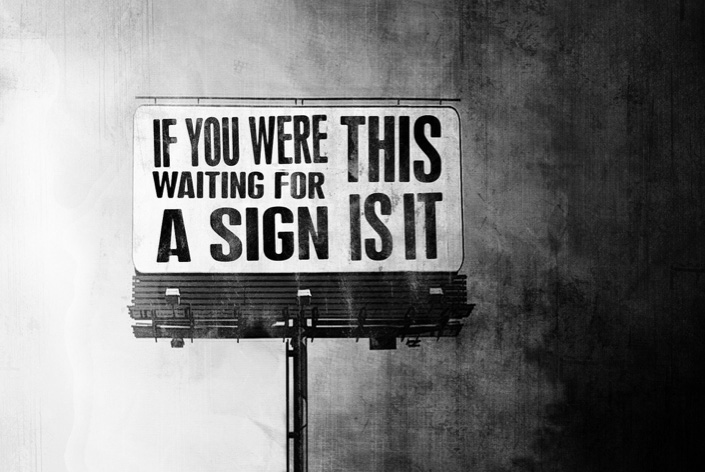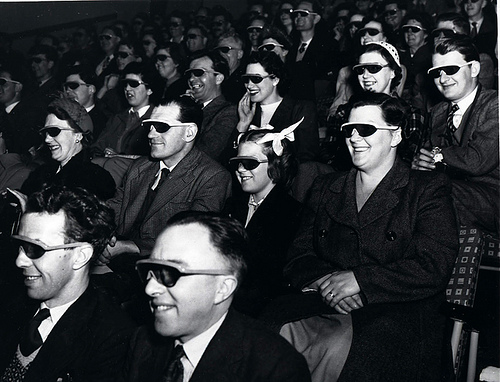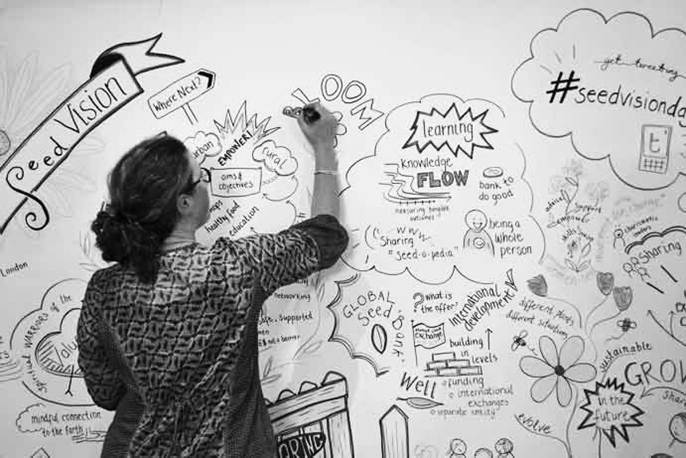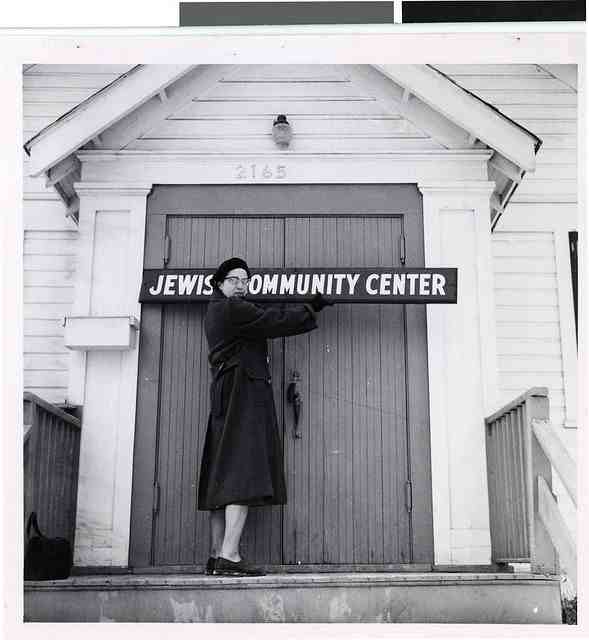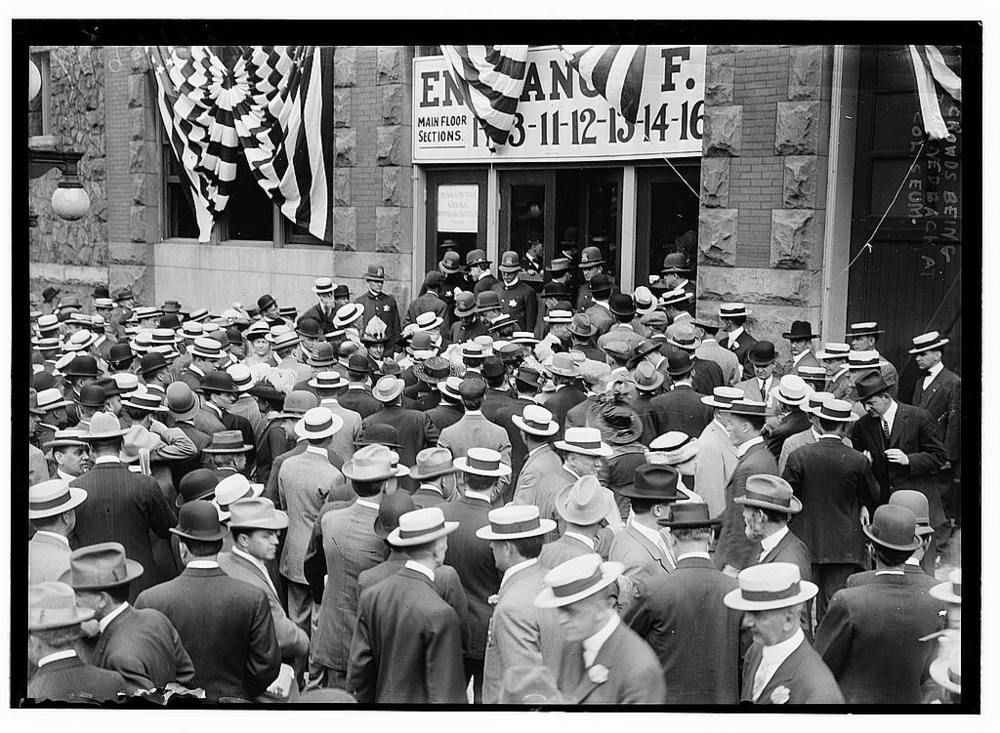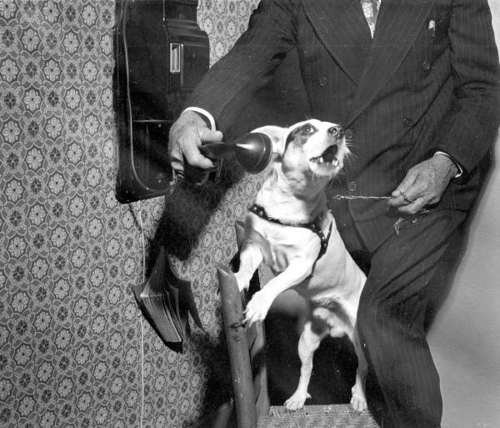 Big financial slabs of text often make grim reading and even worse viewing. But do dry figures have to be dull? Not always...
Big financial slabs of text often make grim reading and even worse viewing. But do dry figures have to be dull? Not always...
by Jo Smith
It’s that time of year again.
Councils across the country are presenting their budgets. Decisions that impact millions of people for years to come will be taken in town halls over the next few weeks.
And apart from the major headline issues, who will actually understand the detail? Is it because no-one cares or is it because the process of presenting budgets just isn’t interesting enough?
Conspiracy theorists will argue that public sector budgets are deliberately opaque to provide a smokescreen for bad news. The devil is always in the detail – often buried on page 527.
But in most cases there is a genuine desire to be open, honest and accountable about the financial realities – especially as more services face cuts. No-one wants to discover by accident that a service they needed no longer exists.
So where are public sector budget presentations going wrong? With more channels available than ever before is the traditional town hall committee meeting format finished?
And if they have to follow the same old format could they be better?
 Fed-up of working for an organisation? Fancy setting-up on your own? Before you do take a look at these pearls of wisdom achieved the hard way by someone who has spent four years as a freelancer.
Fed-up of working for an organisation? Fancy setting-up on your own? Before you do take a look at these pearls of wisdom achieved the hard way by someone who has spent four years as a freelancer.
